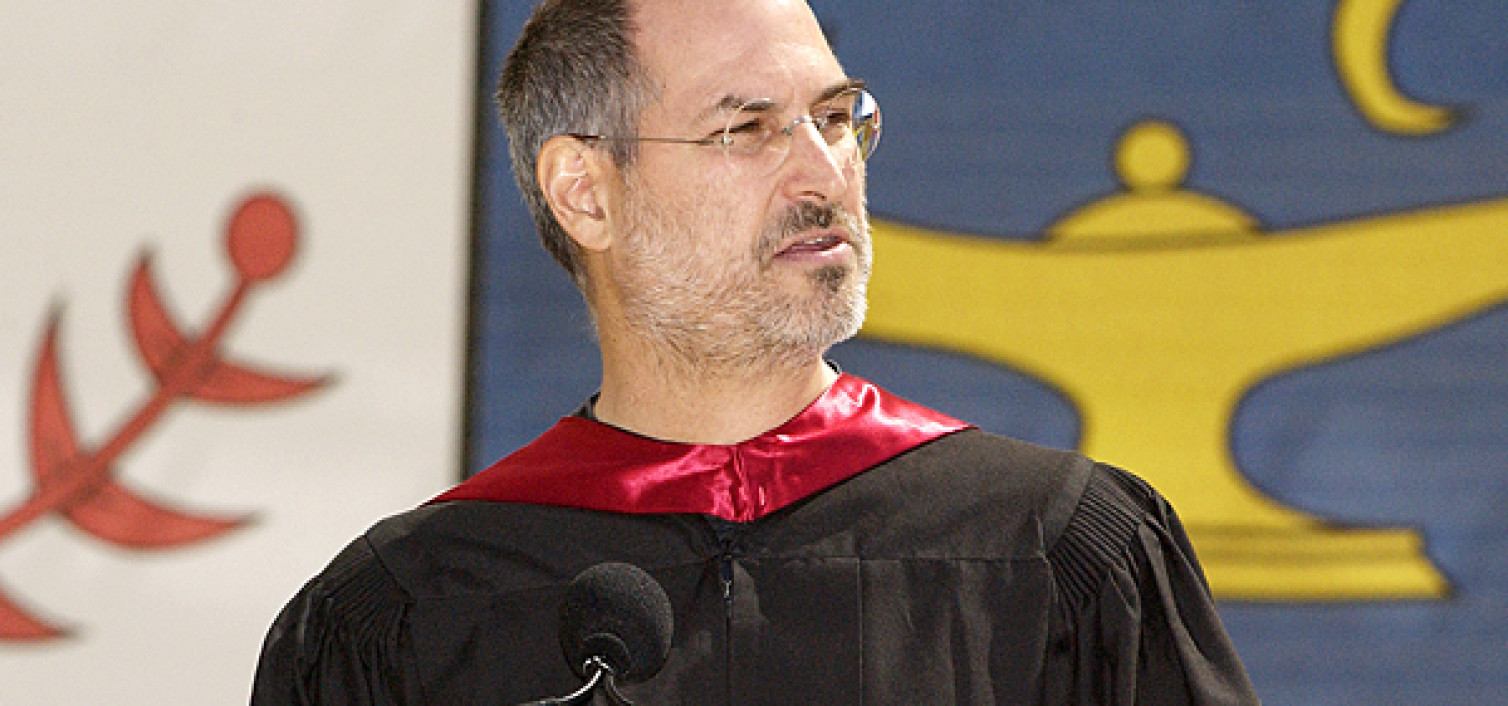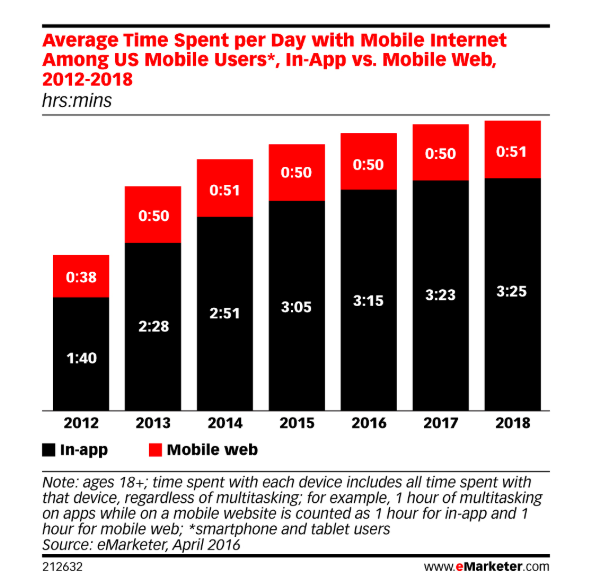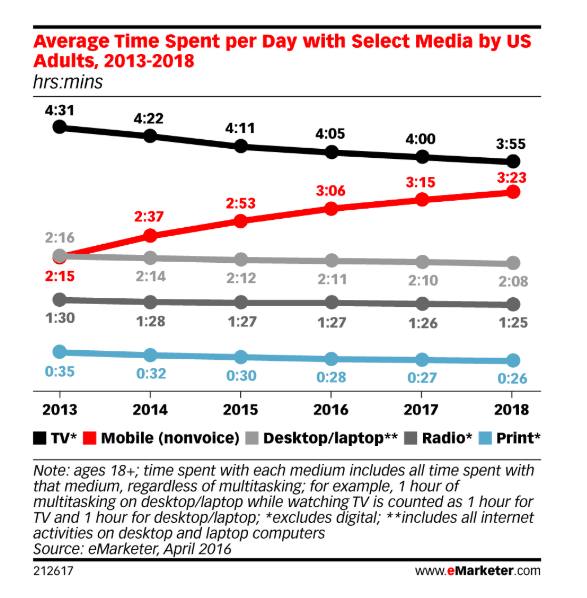For what reasons do you most often pick up your smartphone and look at its screen? Is it taking work calls, chatting with family, dealing with emails? Or checking Facebook, Twitter, Instagram, or playing Candy Crush or the mobile version of PUBG? Have you ever wondered if you pick up your smartphone too often?
Tony Fadell, founder of Nest Labs and the so-called "father of the iPod," pondered this question. In one of his columns, published in the magazine Wired, Fadell admits that there is no consensus on what it actually means to use electronic devices healthily, and emphasizes the need for relevant research. In this regard, Fadell relies precisely on Apple, whose example is often widely followed. He urges Apple to take steps to reduce dependence on mobile devices.
It could be interest you

"Apple is particularly well-suited to address this issue with its system-wide cross-device control," writes Fadell. According to Fadell, Apple has already laid the groundwork for the relevant functions. "I believe Apple would sell a lot more of their devices if they enabled activity tracking on them," writes Fadell, adding that customers will feel better about being able to track how much and how much they use their electronic devices. However, according to Fadell, the possibility of control does not mean the necessity of restricting the use of a smartphone or tablet. He said Apple should encourage users to better understand how their devices are being used before government agencies decide to step in.
Fadell suggests three ways in which Apple could combat (and not only) smartphone addiction:
1. Tracking usage by the device itself
"Relevant consumption data could take the form of a calendar with activity history," suggests Fadell. "The report could be broken down, like a credit card bill, so people can easily see how much time they spend each day dealing with email or reading social media posts," supplies.
2. Setting own goals
Fadell further suggests that users should be able to set their own goals for time spent on their smartphone – similar to how some people set the number of steps they need to walk each day. In this case, however, the goal would be the opposite – to get below the set limit if possible.
3. Special modes
"Apple could also allow users to set their device to modes such as 'listen-only' or 'read-only' without having to navigate through settings. Thus, users would not have to be bothered by constant notifications while reading e-books," he writes, and adds that although users already have this option in theory today, the ability to quickly turn it off and on would certainly be useful.
The possibility of controlling the use of their device, including possible restrictions or setting goals, would certainly be welcomed by many users, but it is important that people continue to be left with the freedom to make decisions.


